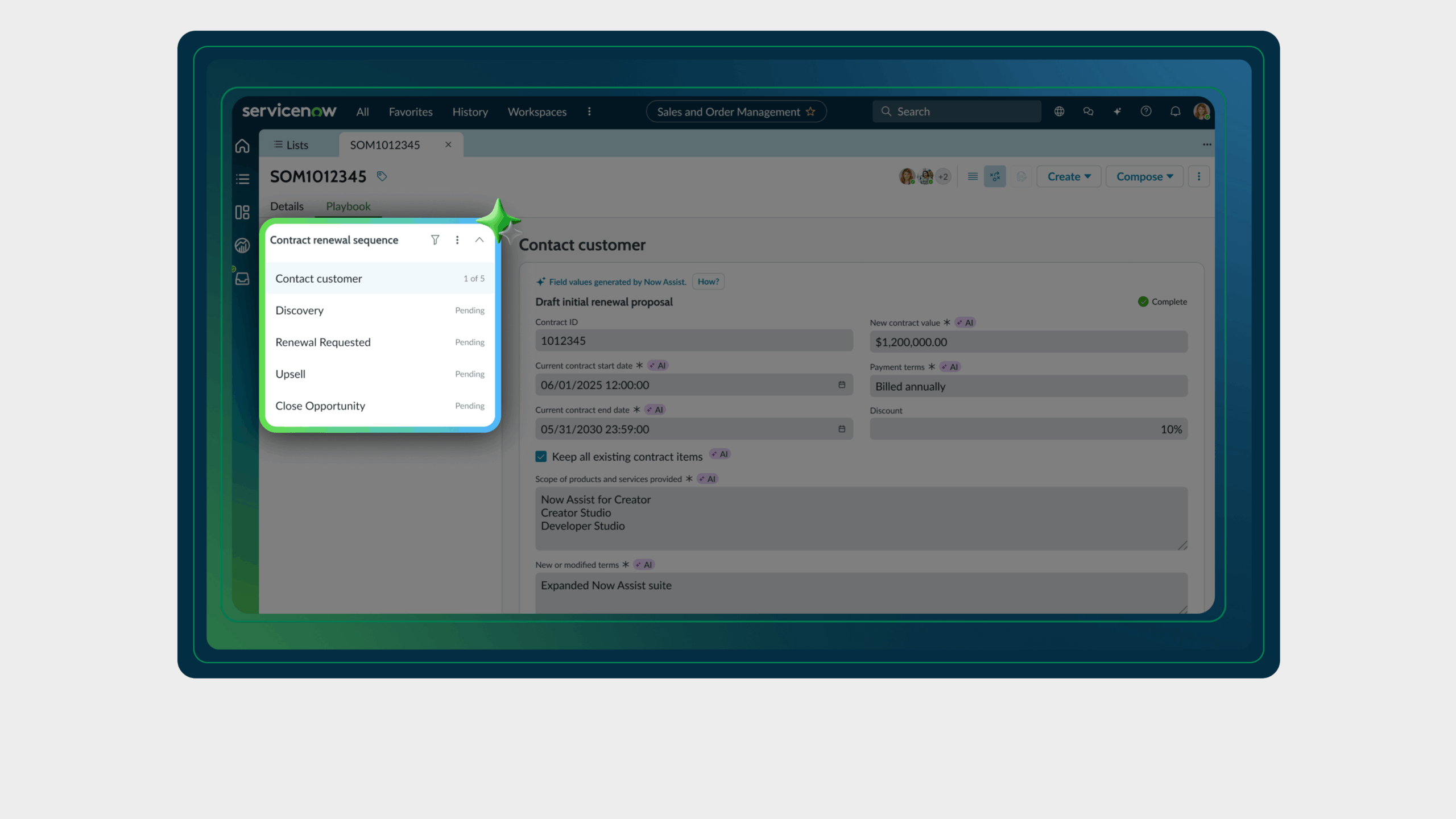
ServiceNow today added the ability to build applications using a set of vibecoding tools based on artificial intelligence (AI) agents via a Zurich update to its core software-as-a-service (SaaS) applications platform.
In addition, organizations can now take advantage of agentic AI playbooks to automate workflows that can now also be integrated with Process and Task Mining tools that have been added to the platform.
Finally, ServiceNow has also added a ServiceNow Vault Console and Machine Identity Console to make the platform more secure.
Collectively, these capabilities will make it simpler for end users to securely create custom agentic AI workflows using a set of application development tools that are more accessible than existing low-code/no-code tools, says Jithin Bhasker, group vice president of product and general manager for the AI Application Platform Business at ServiceNow.
In a few seconds, end users can now make use of a ServiceNow Build Agent and developer sandbox to describe their application in natural language, which the ServiceNow AI agent will then design, build, test, apply governance policies and, if necessary, integrate with other applications, he adds.
Once created, any sensitive data entered into that application can then be secured using the vault that ServiceNow has now integrated into its AI Control Tower. As a result, every application built by an AI agent will come with audit trails, security and compliance policies built into it, says Bhasker.
The Machine Identity Console, meanwhile, provides an authentication and authorization framework for every application programming interface (API) exposed, including those created by an AI agent.
Each AI agent is, in effect, a unique user of the ServiceNow platform that has a unique identity. “AI agents are a new type of identity,” says Bhasker. As such, AI agents are also a tempting target for cybercriminals that, if compromised, could enable them to take over entire workflows. The higher level of risk requires organizations to adopt a platform that can ensure the security of those AI agents, notes Bhasker.
It’s not clear at what pace organizations are adopting AI agents, but a recent Futurum Research report projects agentic AI will drive up to $6 trillion in economic value by 2028. The challenge organizations are now struggling with is operationalizing AI at scale. While building AI applications and agents is relatively straightforward, embedding them into workflows is proving to be more challenging, an issue ServiceNow is hoping will be addressed using a platform designed from the ground up to manage workflows.
Regardless of approach, there is little doubt that AI agents will soon be pervasively deployed across the enterprise. The next challenge will be finding ways to not only secure those AI agents but also ensure they are only allowed to access the data they have been specifically granted permission to access. Otherwise, it’s probable that AI agents will start to incorporate data into their output that they were never meant to know about, which inevitably will lead to a wrong outcome.


